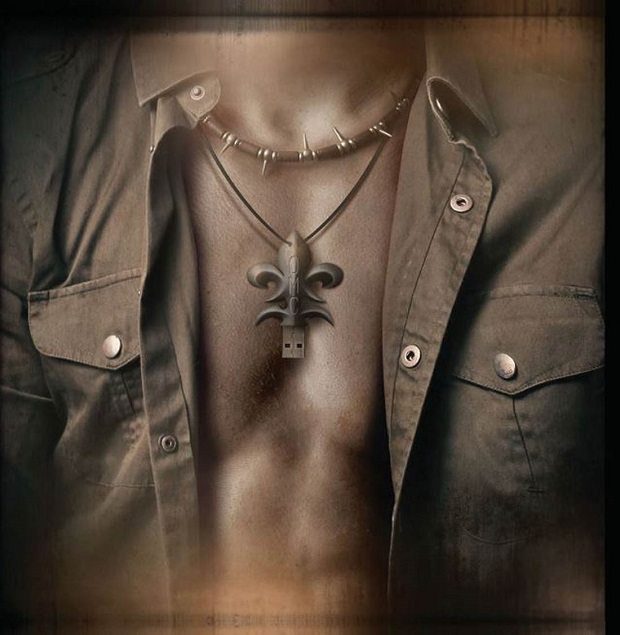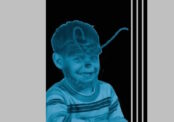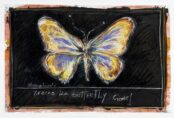[dropcap style=”font-size:100px; color:#992211;”]A[/dropcap]fter making their name in the 1980s with the ambitious concept album Operation: Mindcrime and its more commercial successor Empire, Queensrÿche crashed hard in the 90s.
A combination of internal problems and an ill-judged attempt to move with musical fashions rather then play to their strengths saw a string of lacklustre albums including the dull Q2K and the directionless Operation Mindcrime II. It all ended in an acrimonious split that finished up in court over who would be allowed to perform what.
The result was singer Geoff Tate forming a new outfit “Operation: Mindcrime” while his former bandmates regrouped with a new singer as a new incarnation of Queensrÿche. The name of the band and the legal agreement that only he can perform material from the album of the same name infers an intention to build on the legacy of the album that made his reputation rather than start anew with a clean sheet. So how does the debut album, The Key, stack up?
Opener “Choices” builds on a repeating pattern sounding uncannily like “Eclipse” from Dark Side of the Moon and, despite being a little derivative, makes an impressive opener. But doubts set in when the bass-heavy riff of “Burn” swamps Tate’s rather tuneless vocal. The big guitar riffs and prog-metal stylings of “Re-Inventing the Future” and “Ready to Fly” both manage to evoke a hint of Queensrÿche’s glory days instrumentally, but both are let down by weak vocals.
When the next track, merely a short atmospheric piece to bridge the gap between two songs, is the best so far purely because it’s an instrumental, the album’s biggest problem becomes apparent.
The truth is that Geoff Tate’s voice, once a magnificent lead instrument, is a shadow of what it once was. Even when Queensrÿche toured Operation: Mindcrime II a decade ago he was relying on Pamela Moore to sing the high notes he could no longer reach, and now he’s got little of his former power and range. One could draw comparisons with former Marillion singer Fish, except that Fish has adapted his style over the years to work within his limitations, giving greater emphasis on lyrics and delivery, and still manages to make strong records. Tate, meanwhile, is trying to create the same sort of music as he did years ago, and much of it falls flat without the soaring vocals of old.
The album hits the lowest point with “The Stranger”, which marries an industrial guitar sound with what comes over as a half-arsed attempt at rapping. Things do improve towards the end; the instrumental “An Ambush of Sadness” leading into the ballad “Kicking in the Door” again give something of a Pink Floyd feel, and the album signs off with the almost epic “The Fall” ending in some climactic soloing. But even here the vocals let things down.
The saddest thing is that there are still good musical ideas on the record, but Tate’s consistently weak vocal lines fail to do the rest of the music justice.






















